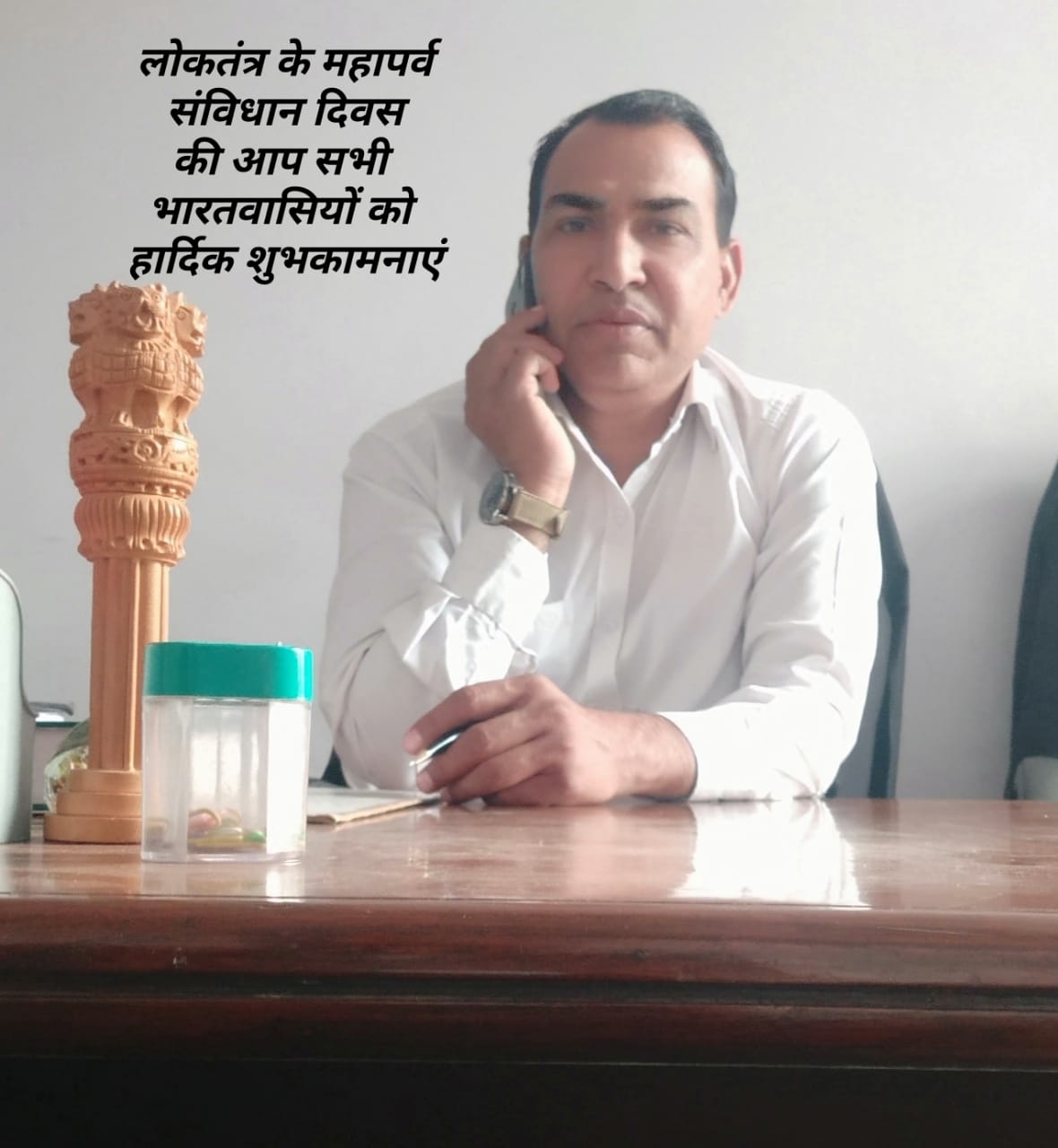Answer By law4u team
Adultery, though it may be grounds for divorce under Indian law, does not automatically disqualify a spouse from claiming maintenance. However, it can have an indirect impact on the maintenance rights depending on the circumstances of the case and the grounds for divorce.
Impact of Adultery on Maintenance Rights Under Indian Law:
Maintenance Under Section 125 of CrPC:
Under Section 125 of the Criminal Procedure Code (CrPC), a spouse who is unable to maintain themselves can seek maintenance from their partner. The right to maintenance is generally not influenced by adultery alone.
The law provides maintenance to a wife (and in some cases, a husband) if they are unable to maintain themselves after separation, regardless of the cause of separation, including adultery.
However, in cases of adultery, if the wife has been living separately or if the husband has proven that the wife has committed adultery, the court may, in certain situations, consider this as a factor when deciding the amount or eligibility for maintenance.
Adultery as a Ground for Divorce:
Adultery can be a valid ground for divorce under Section 13(1)(i) of the Hindu Marriage Act (HMA), the Special Marriage Act, and similar laws. If one spouse commits adultery, the other spouse can file for divorce based on this ground.
While adultery itself does not disqualify the aggrieved spouse from claiming maintenance, the court may consider the conduct of the parties while determining maintenance. If the spouse seeking maintenance was the one who committed adultery, this could potentially impact their claim.
Impact of Adultery on Maintenance in Divorce:
Wife’s Maintenance:
In the event of a divorce, if the wife has committed adultery, courts may reduce the maintenance amount or refuse the claim entirely if the wife is found to have voluntarily abandoned the marriage due to her own misconduct.
Husband’s Maintenance:
Though rare, in cases where a husband seeks maintenance after a divorce (if he proves that he is unable to maintain himself), the wife's adultery could be considered in the court’s decision. However, this is often less likely to impact the claim of maintenance in the same way as it does for wives.
Impact in Cases of Cruelty:
Adultery is often cited as mental cruelty in divorce proceedings. If one spouse commits adultery, the other spouse may argue that they were subjected to emotional or mental harm, which could influence the maintenance order.
In cases where the adultery is deemed to have led to cruelty, it could justify the denial of maintenance or affect the amount awarded, especially if it is seen as part of an overall pattern of unreasonable behavior by the spouse seeking maintenance.
Maintenance and the Innocent Spouse:
The law does not discriminate against the innocent spouse in cases of adultery when it comes to claiming maintenance. If the aggrieved spouse (whether husband or wife) is financially unable to support themselves, they may still be entitled to maintenance.
In some cases, the spouse who committed adultery may be ordered to pay maintenance to the other spouse, especially if the party claiming maintenance is financially dependent and has no means to support themselves.
Judicial Discretion:
Ultimately, the decision about maintenance is at the discretion of the court, which will look at various factors, including the conduct of the parties, their financial condition, and the circumstances of the marriage. Adultery may influence the decision, but it is not the sole determining factor.
Example:
If a wife seeks maintenance after a divorce, but it is proven that she had committed adultery, the court may reduce her claim or refuse it entirely if her conduct is seen as contributing to the breakdown of the marriage. Conversely, if the husband has committed adultery and the wife has been financially dependent, she may still be entitled to maintenance under Section 125 of CrPC, regardless of the adultery.







